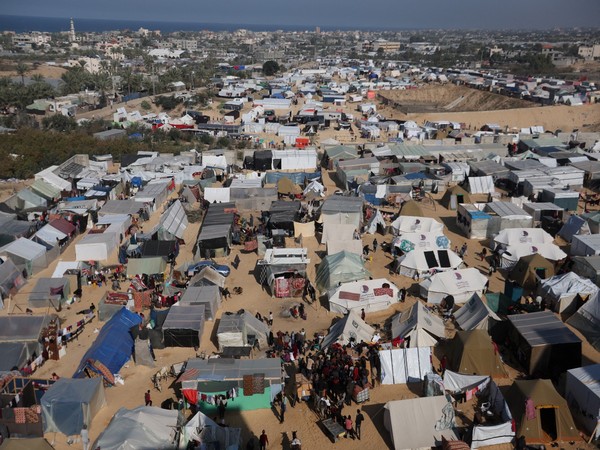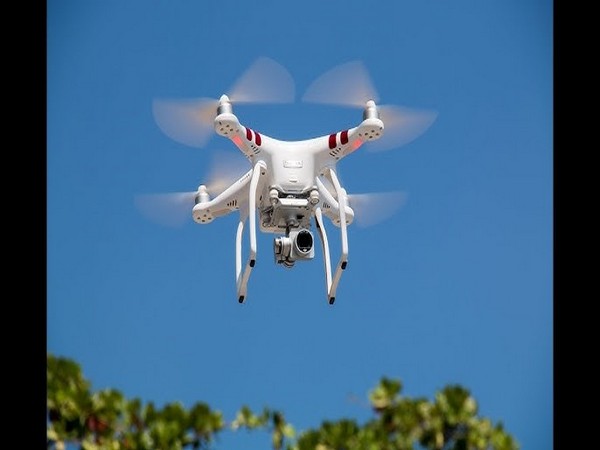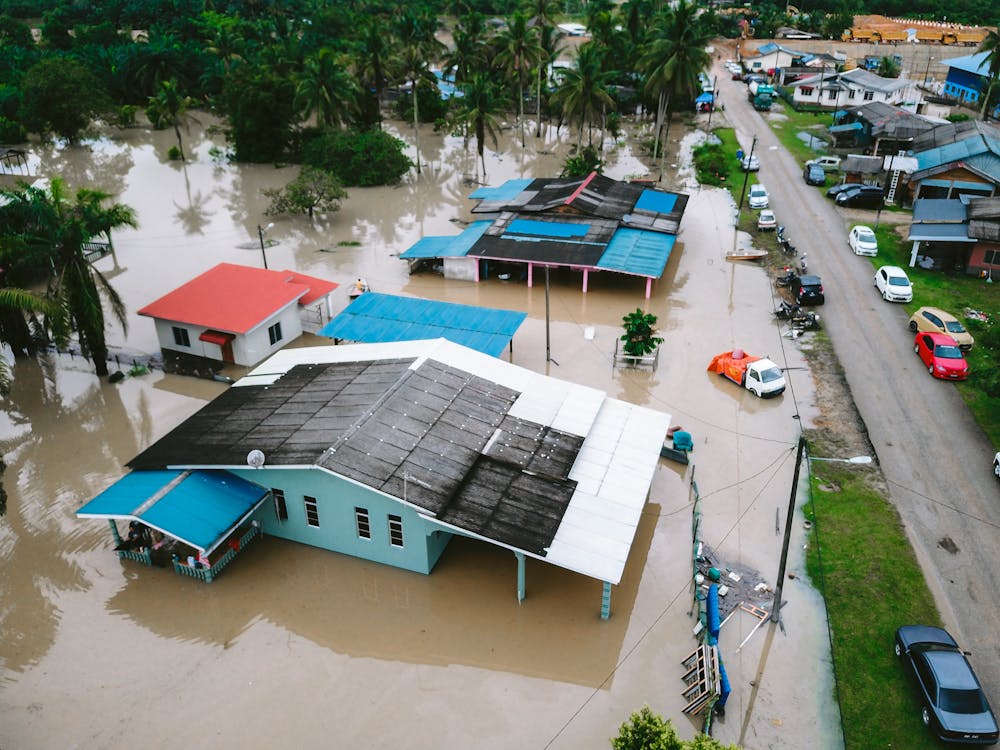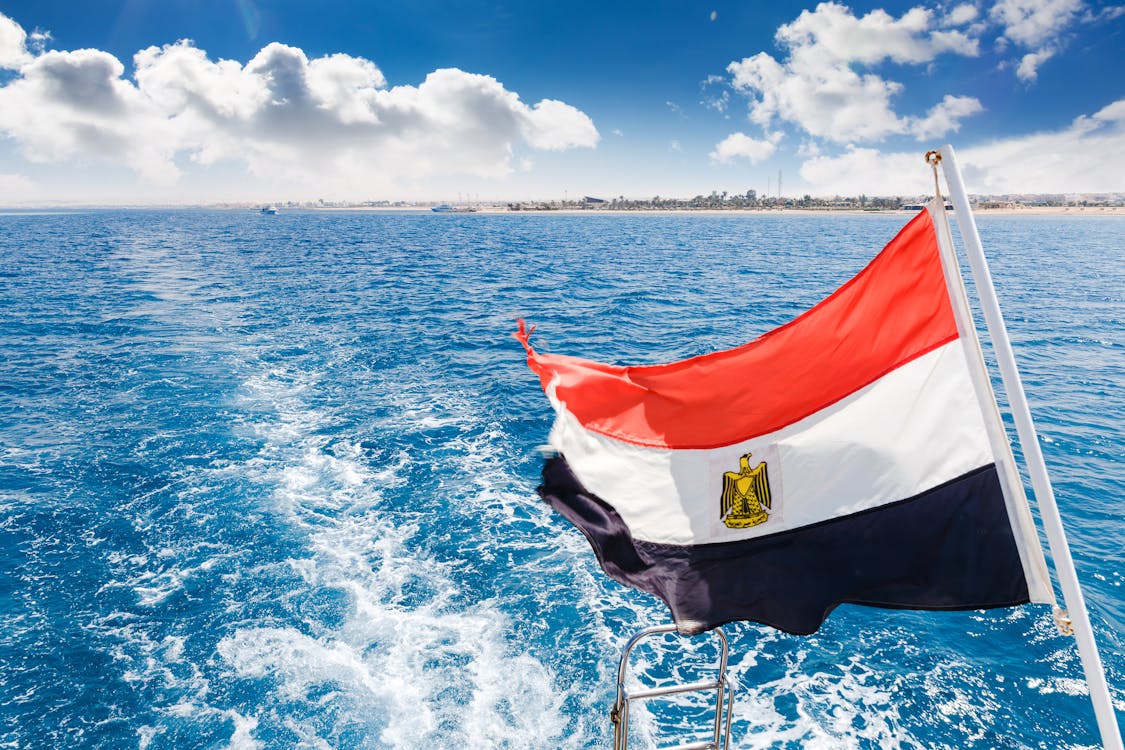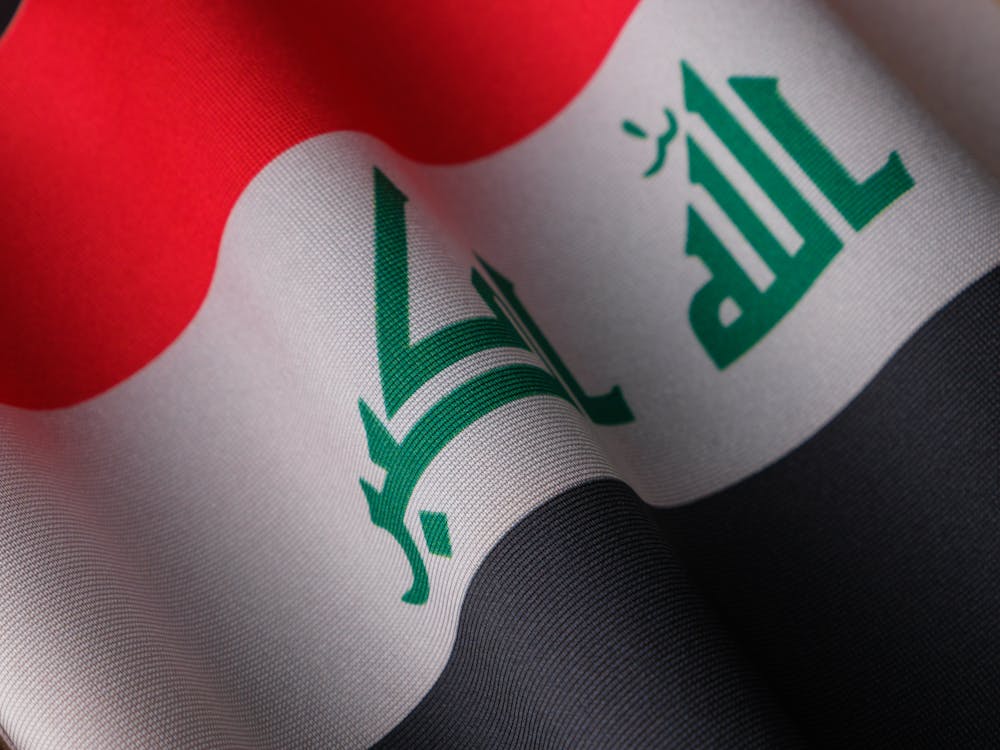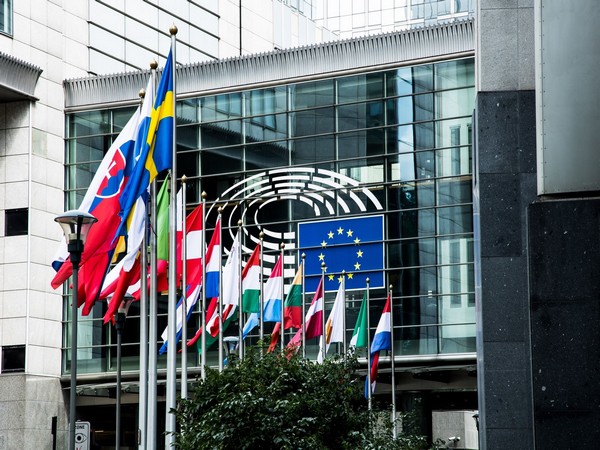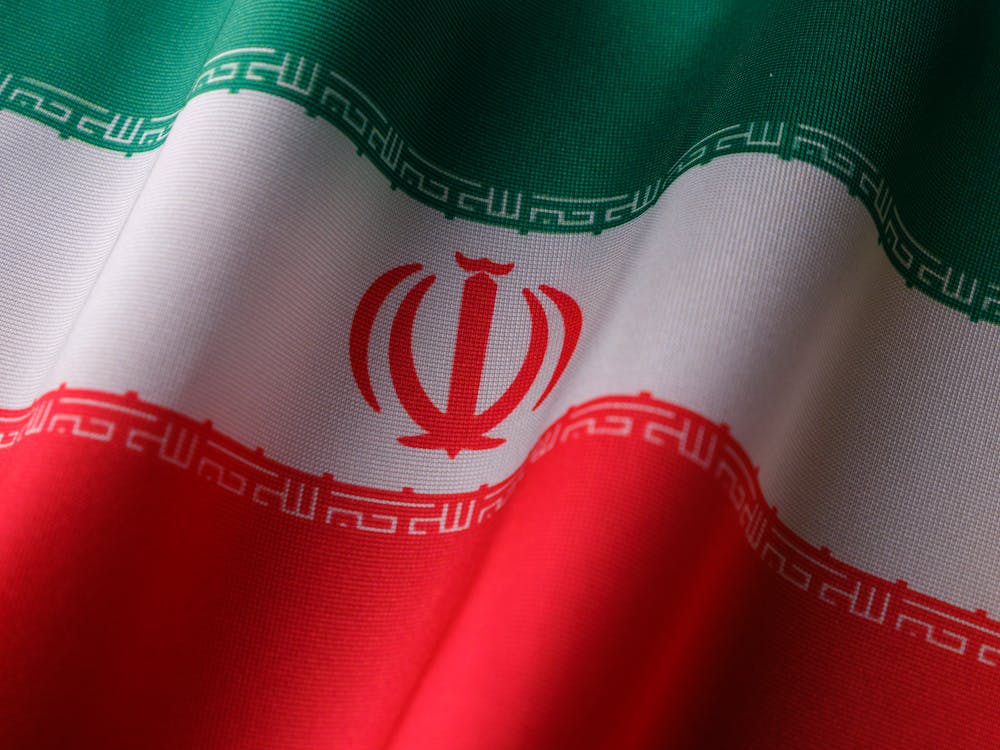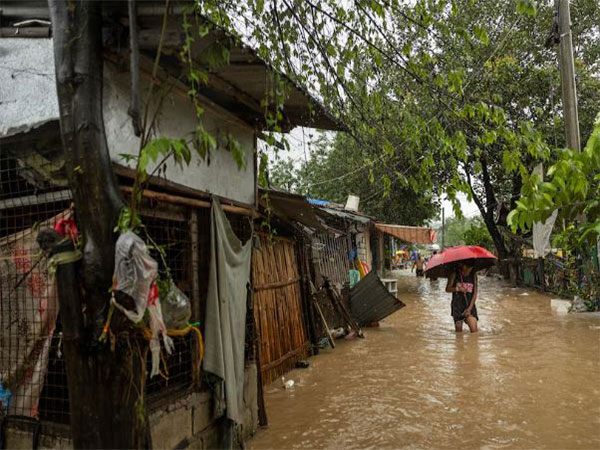Zionists strike Lebanon amid Gaza carnage
Feb 15, 2024
Gaza [Palestine], February 15: Negotiations to pause the Zionist-Hamas war headed into a second day in Cairo on Wednesday, as the Zionist entity launched a series of deadly strikes on Lebanon, stoking fears of a wider conflict. Mediators in Egypt were hoping to secure a ceasefire that would see more captives released in exchange for Palestinian prisoners, as the Zionist entity prepares for a full-scale ground incursion into the Gaza Strip's crowded far-southern city of Rafah.
As talks continued in Cairo, the Zionist military has kept up its bombardment of Gaza, with strikes on both Rafah and the southern city of Khan Yunis, where there has been heavy fighting. The health ministry in the territory said Wednesday that 104 people had been killed overnight. At least 28,576 people, mostly women and children, have been killed by the Zionist entity in Gaza, according to the latest health ministry figures.
A Hamas source told AFP that a delegation was headed to Cairo to meet Egyptian and Qatari mediators, after Zionist negotiators held talks with the mediators on Tuesday. Palestinian President Mahmoud Abbas urged Hamas to "quickly complete a prisoner deal, to spare our Palestinian people from the calamity of another catastrophic event". CIA director William Burns had joined Tuesday's talks with David Barnea, head of the Zionist entity's Mossad intelligence service, which Egyptian media said had been mostly "positive". US National Security Council spokesperson John Kirby described the negotiations as "constructive and moving in the right direction".
Turkish President Recep Tayyip Erdogan, who was in Cairo Wednesday for talks with President Abdel Fattah Al-Sisi, criticized the Zionist entity for "its policy of occupation, destruction and massacre". With regional tensions high, the Zionist entity launched strikes on Lebanon hours after fire from Lebanon wounded seven people in the Zionist entity, according to the Magen David Adom emergency service.
The strikes in south Lebanon killed four civilians including two children and wounded nine other people, a Lebanese security source told AFP, speaking on condition of anonymity. Since the outbreak of the Hamas-Zionist war on Oct 7, more than 240 people have been killed in Lebanon, most of them Hezbollah fighters but also including over 30 civilians. Hezbollah has traded near-daily fire with Zionist troops since the outbreak of the Gaza war, with tens of thousands displaced on both sides.
The potential for mass civilian casualties in Rafah triggered urgent appeals - including from close allies - for the Zionist entity to hold off sending troops into the last major population center they have yet to enter in the conflict. Rafah, where more than 1.4 million Palestinians are trapped, is also the main entry point for desperately needed relief supplies. UN humanitarian chief Martin Griffiths said any military operation "could lead to a slaughter".
Terrified civilians have been locked in a desperate search for safety. "My three children were injured, where can I go?" Dana Abu Chaaban asked at the city's border crossing with Egypt, where she was hoping to be allowed across with her bandaged-up sons. Pressure has grown on Egypt to open its border to Palestinian civilians, hundreds of thousands of whom have sought shelter in makeshift camps by the border where they face outbreaks of disease and a scarcity of food and water. "For 100 days we have entered the crossing and begged them to let us cross, or to do anything to help us," Habiba Nakhala said.
US President Joe Biden has said civilians in Rafah "need to be protected", calling them "exposed and vulnerable". But Zionist Prime Minister Benjamin Netanyahu has insisted "complete victory" cannot be achieved without the elimination of Hamas' last battalions in Rafah.
Fears were also growing over southern Gaza's Nasser hospital, where a nurse said snipers were killing people, sewage had flooded the emergency room and drinking water had run out. Mohammed Al-Astal said the facility had been "besieged" for a month, with no food or drinking water left. "At night, tanks opened heavy fire on the hospital and snipers on the roofs of buildings surrounding Nasser hospital opened fire and killed three displaced people," the 39-year-old nurse said.
The World Health Organization said it had been unable to contact the besieged hospital for weeks. Rik Peeperkorn, the UN agency's representative in the Palestinian territories, said requests to assess and re-stock the hospital with medical supplies had been denied, adding that "without support... this hospital might become non-functional too". Peeperkorn said Nasser was "a key hospital for all of Gaza. We cannot lose that hospital... (it) is critically important".
Some Gazans in Rafah were already packing up their belongings in readiness to move but others vowed to stay put, fearing even greater misery and starvation in the bombed-out hometowns they fled. Ahlam Abu Assi said she "would rather die" in Rafah than return to the famine-like conditions facing relatives who stayed in Gaza City. "My son and his children have nothing to eat. They cook a handful of rice and save it for the next day," she said. "My grandson cries from hunger."- AFP
Source: Kuwait Times
